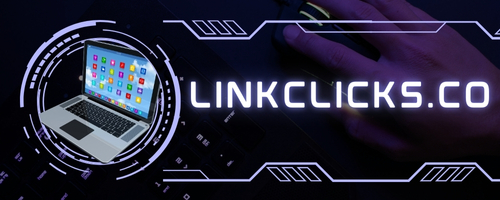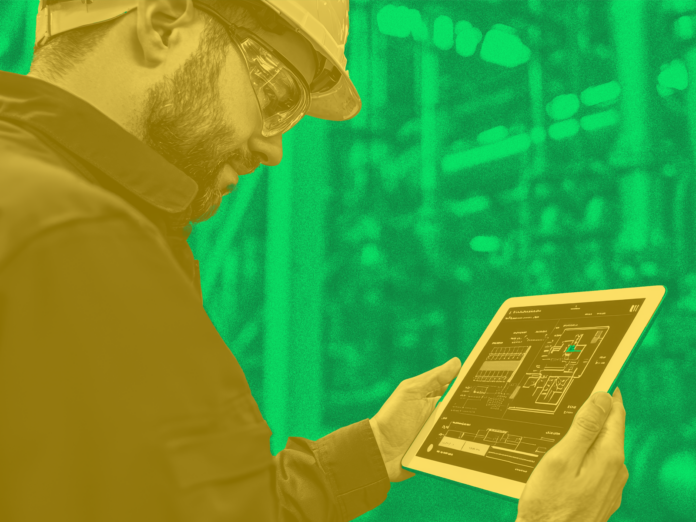
In as we speak’s quickly evolving technological panorama, the Web of Issues (IoT) has emerged as a game-changer in varied industries. One such transformative utility is the IoT-based energy monitoring system, which performs a pivotal function in revolutionizing the way in which we handle and optimize power consumption and administration. This text explores the important thing elements, advantages, and challenges of implementing such techniques.
Understanding IoT-Primarily based Energy Monitoring Programs
1. Sensors and Units
On the coronary heart of any IoT-based power administration system are sensors and units that accumulate real-time information on power utilization. These sensors might be put in at varied factors inside a facility, from particular person home equipment to complete electrical panels.
2. Connectivity
The collected information is then transmitted via safe communication protocols to a central server or cloud platform. This connectivity permits for distant monitoring and management, making it attainable to handle power consumption effectively.
3. Cloud Computing and Analytics
The cloud performs an important function in processing and analyzing the huge quantities of knowledge generated by IoT power administration techniques. Superior analytics instruments assist derive significant insights from the info, enabling companies to make knowledgeable selections about power effectivity and price financial savings.
A distant energy monitoring system is designed to observe and handle electrical energy utilization, high quality, and distribution from a distant location. The options of such a system might range relying on the precise necessities and the complexity of the appliance.
Options of IoT-Primarily based Vitality Administration Programs
1. Actual-Time Monitoring
Steady monitoring {of electrical} parameters comparable to voltage, present, energy issue, and power consumption in real-time.
2. Information Logging
Recording and storing historic information for evaluation, troubleshooting, and compliance reporting.
3. Alerts and Alarms
Automated alerts and alarms for irregular circumstances, energy outages, voltage sags, or every other occasions which will influence energy high quality or system efficiency.
4. Distant Management
Functionality to remotely management and function sure units or elements, comparable to circuit breakers or switches, to optimize energy utilization or reply to points.
5. Vitality Consumption Evaluation
Instruments for analyzing power consumption patterns, figuring out energy-intensive units, and optimizing power utilization for value financial savings.
6. Energy High quality Monitoring
Monitoring and evaluation of energy and power high quality parameters, together with voltage harmonics, frequency variations, and waveform distortions to enhance IoT administration.
7. Load Balancing
Optimization of energy distribution by balancing hundreds throughout completely different phases to stop overloads and guarantee environment friendly use {of electrical} infrastructure.
8. Distant Diagnostics
Distant diagnostic instruments to establish and troubleshoot points, decreasing the necessity for on-site visits and minimizing downtime.
9. Reporting and Analytics
Technology of stories and analytics to offer insights into power utilization traits, energy high quality, and system efficiency over time to enhance IoT power administration.
10. Integration with SCADA Programs
Integration with Supervisory Management and Information Acquisition (SCADA) techniques for centralized monitoring and management of a number of websites or distributed energy techniques.
11. Safety Measures
Implementation of sturdy safety protocols to guard delicate information and forestall unauthorized entry or tampering.
12. Cell Accessibility
Entry to the monitoring system by way of cellular units, permitting customers to verify on energy circumstances and obtain alerts whereas on the go.
13. Distant Firmware Updates
Functionality to remotely replace firmware and software program to make sure the system stays present with the newest options and safety patches.
14. Person-Pleasant Interface
An intuitive and user-friendly interface that enables operators and directors to simply navigate and work together with the system.
These options of IoT units collectively contribute to the environment friendly administration, optimization, and upkeep {of electrical} energy techniques and power, particularly in eventualities the place distant monitoring and management are important.
Conclusion
IoT-based power administration techniques have the potential to revolutionize the way in which we handle and devour power. By offering real-time insights, selling power effectivity, and enabling predictive upkeep, these techniques empower companies to make knowledgeable selections that positively influence each their backside line and the atmosphere. As know-how continues to advance, the mixing of IoT in energy administration will doubtless turn into a normal follow, fostering a extra sustainable and clever strategy to power consumption.

